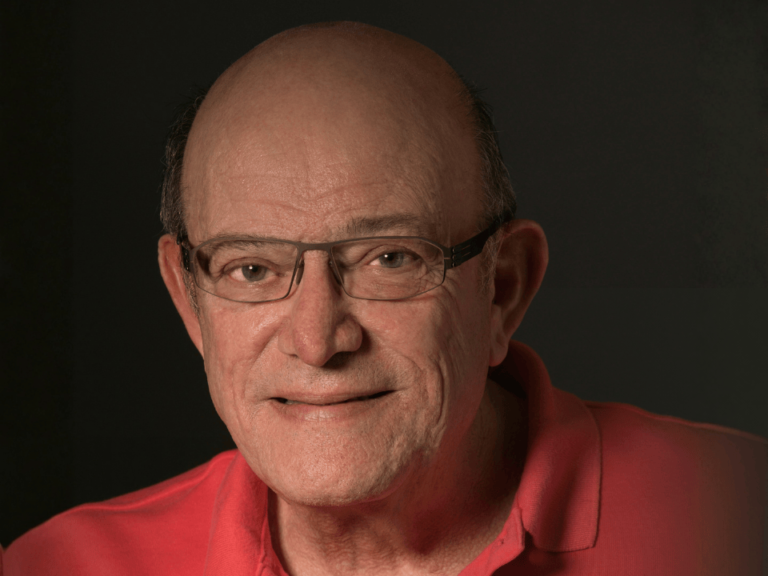Can-Fite BioPharma Ltd. of Petach Tikva, Israel, said FDA has granted the company’s drug candidate CF102 Fast Track designation as a second line treatment for hepatocellular carcinoma (HCC), the most common form of liver cancer. CF102 had already received the FDA’s Orphan Drug designation.
Can-Fite is conducting a phase II study for this indication in the U.S., Europe and Israel. The randomized, double-blind, placebo-controlled study is expected to complete enrollment by the end of the first half of 2016 in 78 patients with Child-Pugh Class B cirrhosis who failed the only FDA approved drug on the market, Nexavar (sorafenib).
Drugs that receive Fast Track designation benefit from more frequent meetings and communications with the FDA to review the drug’s development plan to support approval. It also allows the Company to submit parts of the New Drug Application on a rolling basis for review as data becomes available. Since the Fast Track Program started, from March 1998 through June 30, 2015 a total of 318 Fast Track applications have been received by FDA. The FDA has granted 202 of them, and denied 110, with 6 more pending.
CF102 is a small orally bioavailable drug that binds with high affinity and selectivity to the A3 adenosine receptor (A3AR). A3AR is highly expressed in tumor cells whereas low expression is found in normal cells. This differential effect accounts for the excellent safety profile of the drug. In Can-Fite’s pre-clinical and clinical studies, CF102 has demonstrated a robust anti-tumor effect via deregulation of the Wnt signaling pathway, resulting in apoptosis of liver cancer cells.










